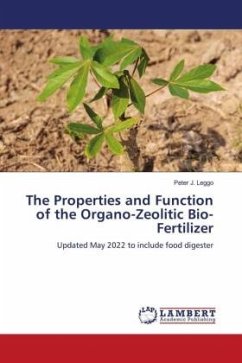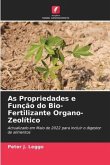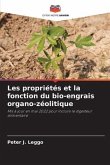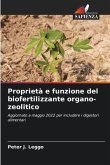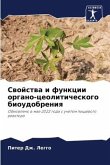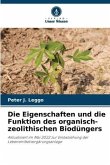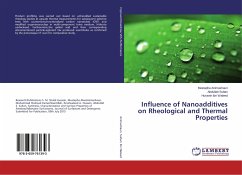This book concerns a new biological method of plant nutrition. With respect to traditional chemical fertilizers, nitrate, phosphate and potassium together with beneficial trace elements are not lost by diffusion through the soil after rainfall. Due to slow release, a growing plant will take up nutrients at a rate which is compatible with their release from the mineral component. The biological fertilizer, after extensive pot experiments and field trials has shown that enhanced growth occurs over a large number of plant types. Use of the fertilizer for the vegetation of barren waste sites proved to be very successful whereas chemical fertilizers have been ineffective. Food and bio-fuel crops have equally enhanced growth. Due to the water adsorption-resorption properties of natural zeolites, field trials in semi-arid areas have shown that plants can be sustained on industrial waste sites. Countries that have natural zeolite resources are fortunate as the bio-fertilizer can be made very cheaply without complex machinery. This will be of great benefit in undeveloped countries when the method and application of the bio-fertilizer becomes firmly understood.
